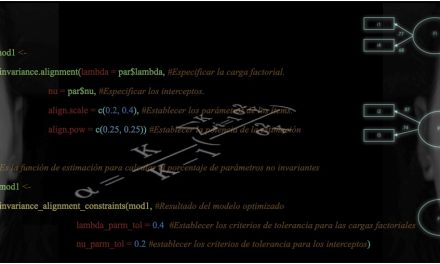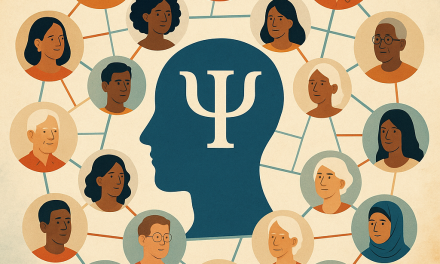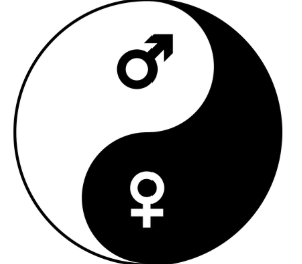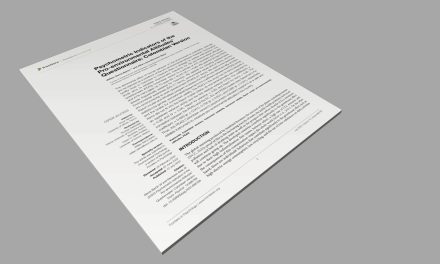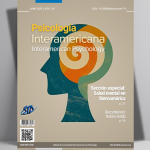
Sexual Minorities’ Experiences in Therapy Services in Puerto Rico: A Qualitative Study

Edna Mattei-Torres & Caleb Esteban. Puerto Rico
Research has shown that individuals identifying as lesbian, gay, and bisexual (LGB+) often perceive that their therapists lack the essential understanding to address their sexual orientation. Some therapists disregard or fail to meet their specific needs or view their sexual orientation as an issue. This study aimed to delve into the perspectives of LGB+ individuals concerning their satisfaction with therapy they received. To achieve this, a qualitative analysis of secondary data from a mixed-method study with an exploratory, phenomenological focus was conducted to gain insights into the therapy experiences of the participants (Creswell & Creswell, 2018; Hernández-Sampieri et al., 2014). The study comprised 87 participants, with 21.8% (f= 19) identifying as lesbian, 49.5% (f=43) as gay, and 28.7% (f=25) as bisexual+. The majority identified as male (56.3%, f= 49), with an average age of 31. Nearly half of the participants (44.8%, f= 39) reported at least one negative therapy encounter, and 8% (f=7) stated they hadn’t experienced any positive therapy sessions. The analysis employed a thematic approach to identify recurring patterns or themes within the qualitative data (Maguire & Delahunt, 2017). Participants shared insights into their therapeutic journeys, highlighting the role mental health professionals in psychology, psychiatry, and counseling played in either facilitating or presenting challenges during these processes. The identified themes included: preconceptions about the development of sexual orientation; feelings upon disclosure; signs of understanding or misunderstanding; personal qualities; professional qualities; and, religious, homophobic, biphobic, and heterosexist experiences. Although some participants reported positive experiences with their therapists, others faced challenges such as invalidation, lack of knowledge about the LGB+ community, and encounters with homophobia, biphobia, and religious aspects during psychological treatment. The data emphasizes the importance for healthcare professionals to acquire the necessary competencies and skills to provide ethical and tailored services meeting the specific needs of these communities.
Reference
Esteban, E., Francia-Martínez, M., Bruno-Ortiz T., Santiago-Ortiz, A. M., Mattei- Torres E.,, Jiménez-Ricaurte C., Montalván-López A., Irizarry-Rodríguez A, & Her- nández del Valle, S. (2023). Experiencias de Minorías Sexuales en los Servicios de Terapia en Puerto Rico: Un Estudio Cualitativo/Sexual Minorities’ Experiences in Therapy Services in Puerto Rico: A Qualitative Study. Revista Caribeña de Psicología, 5, e7433. http://doi.org/10.37226/rcp.v7i1.7433
Contact: cesteban@psm.edu



